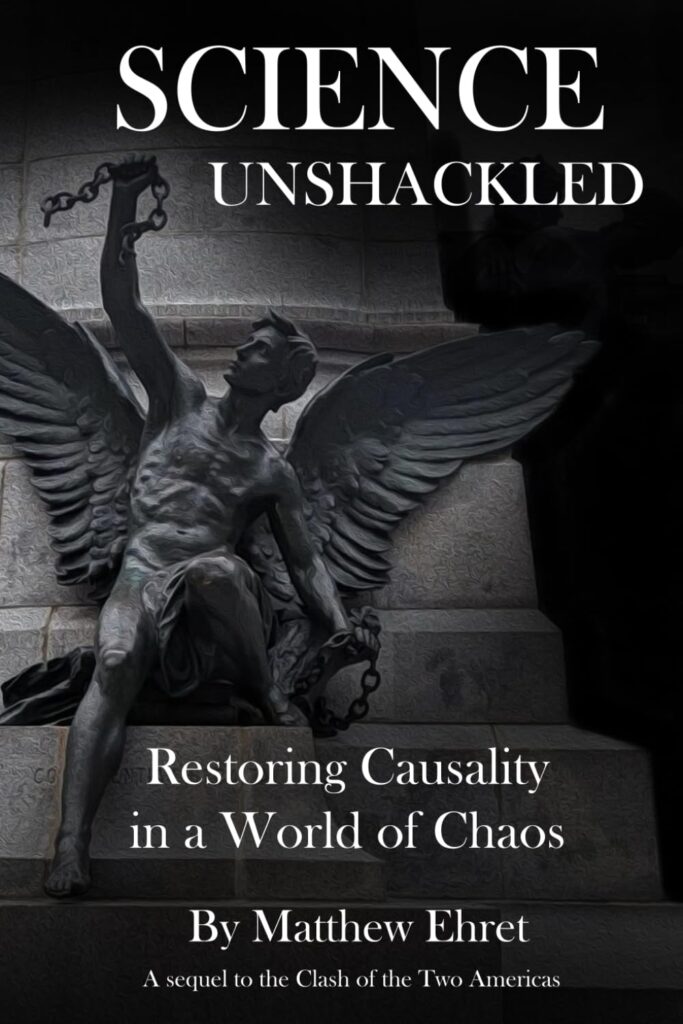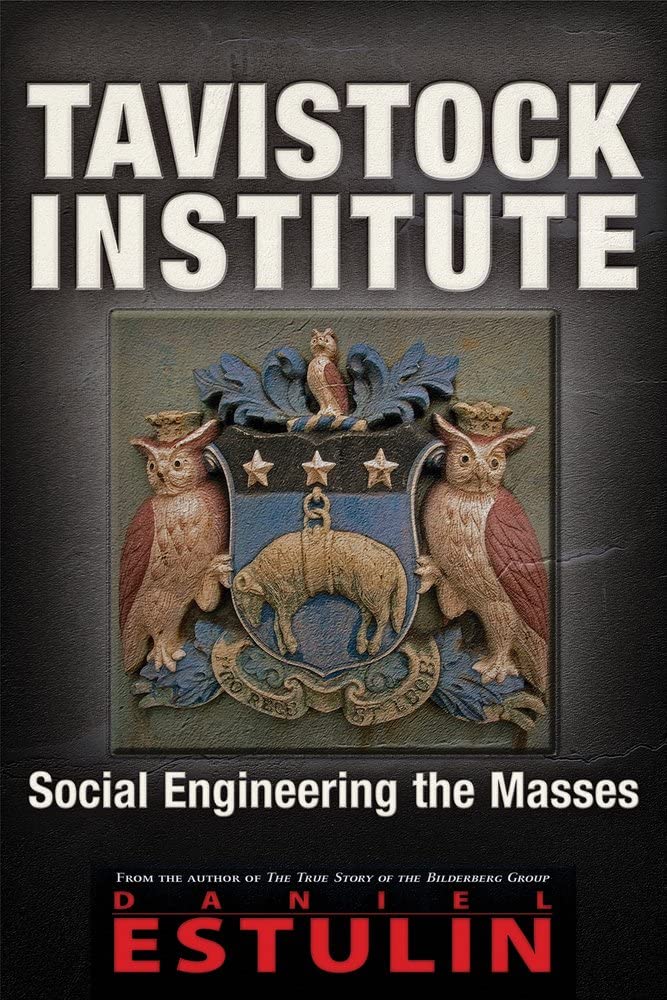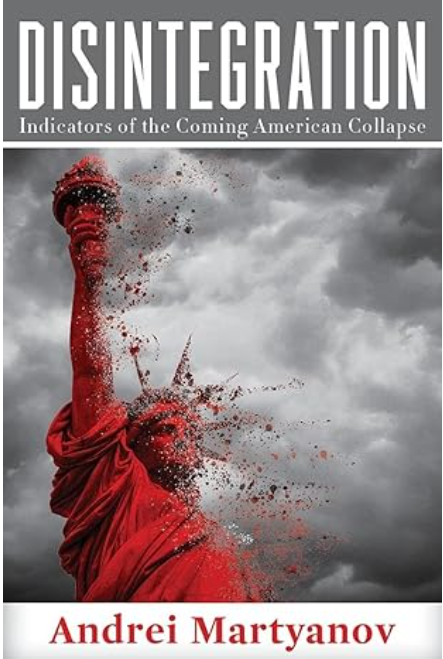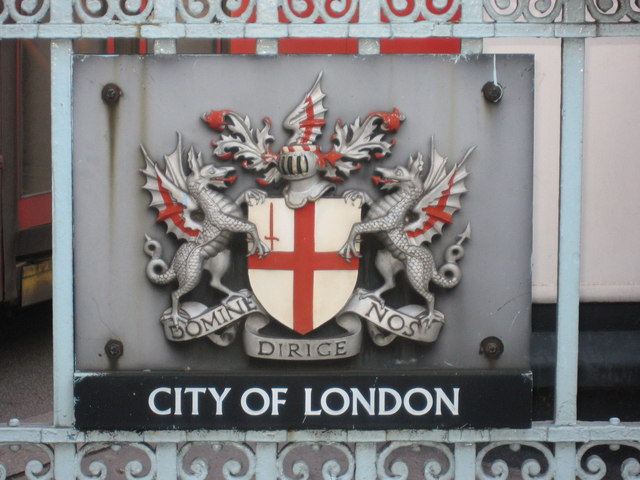Posted September 29, 2024 – for those who read
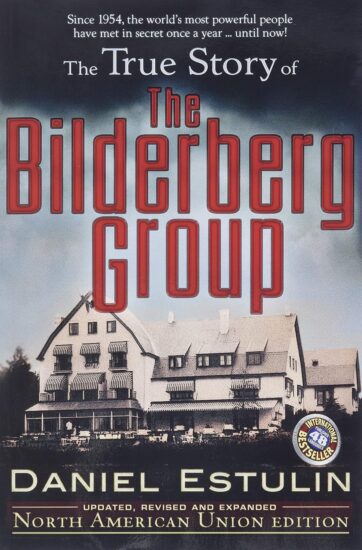
The True Story of The Bilderberg Group
The North American Union Edition by Daniel Estulin
The True Story of The Bilderberg Group | The North American Union Edition by Daniel Estulin | Published February 22 2009 |Pages: 385 (Paperback)
ClearNFO: Daniel Estulin provides a well-researched exploration into the agendas and organizations of those who seek absolute rule over earth’s human and natural resources. Mr. Estulin’s careful research provides a compelling composite view using primary documents, his own personal experience and the groundwork of pioneering scholars like Carroll Quigley, Antony C. Sutton, and many others.
This book exposes the power centers, their structures and methods operating at a stratum where the nation-state is merely another piece on the global chessboard to be moved and manipulated unrestrained by any conventional morality or empathy for any person or anything that may stand in their way.
Delving into a world once shrouded in complete mystery and impenetrable security, this investigative report provides a fascinating account of the annual meetings of the world’s most powerful people—the Bilderberg Group. Since its inception in 1954 at the Bilderberg Hotel in the small Dutch town of Oosterbeek, the Bilderberg Group has been comprised of European prime ministers, American presidents, and the wealthiest CEOs of the world, all coming together to discuss the economic and political future of humanity. The working press has never been allowed to attend, nor have statements ever been released on the attendees’ conclusions or discussions, which have ramifications on the citizens of the world. Using methods that resemble the spy tactics of the Cold War—and in several instances putting his own life on the line—the author did what no one else has managed to achieve: he learned what was being said behind the closed doors of the opulent hotels and has made it available to the public. This second edition includes an entirely new chapter and updated information on topics such as an earlier attempt to break up Canada and the portents of a North American union.
-Excerpt from page 23 –
No matter where you look – government, big business and any other institution seeking to exercise power – their key to control is secrecy. Meetings such as those of the organization for Economic Cooperation and Development (IECD), the G8, World Trade Organization, World Economic Forum, Central Banks, the European Union Council of Ministers and the EU Commission, EU summits, government cabinet meetings, numerous think tanks, etc. are always conducted behind closed doors. The only possible reason for this is that “they” don’t want you and me to know what they are discussing. That well-worn excuse for keeping things under wraps – “Its is not in the public’s interest” – really means that it is not in the interest of the institutions in power for the public to know what they are discussing and deciding.
Beyond this common reluctance to reveal the proceedings of meetings the secrecy principle extends to the forums and meetings themselves’ i.e. by and large, we don’t even know meetings are taking place, let alone what is being planned and discussed in them. “There’s the World Economic Forum at Davos in January/February, the Bilderberg and G8 meetings in April/May, and the IMF/World Bank annual conference in September. A kind of international consensus emerges and is carried over from one meeting to the next. But no one’s really leading it. This consensus becomes the background for G8 economic Communiqués; it becomes what informs the IMF when it imposes an adjustment programme on Argentina; and it becomes what the U.S. president proposes to Congress”




